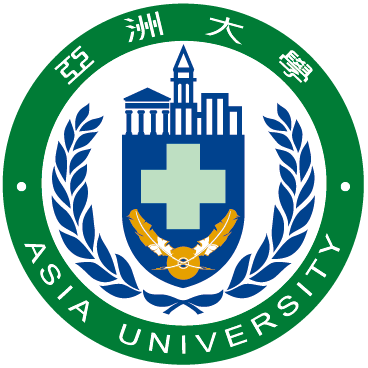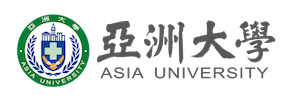At the 5th “Girls in CyberSecurity (GiCS)” National Competition 2025, students from Asia University (Taiwan) achieved outstanding results. A cross-departmental team named “Ancient Mystic Twin-Headed War Elephant,” consisting of Mei-Fei Chen and Yu-Chun Chou from the Department of Finance and Yu-Ching Tseng from the Department of Occupational Therapy, won third place in the Non-IT College Division. The team was guided by Dr. Kuan-Ting Wang from the Department of Finance. Their creative and practical approach impressed the judges and earned them national recognition.
The competition featured two major categories—“Cybersecurity Adventure” and “Creative Proposal”—with divisions for both high school and college students. Organized to encourage young participants to explore cybersecurity issues through themed challenges, the event aimed to inspire innovative thinking while strengthening cybersecurity awareness and practical skills.
In the Creative Proposal category, the AU team addressed the growing challenge of distinguishing truth from misinformation and historical distortion caused by AI-generated content. Their project, titled “Anchoring Truth,” proposed a verification mechanism that attaches data “anchors” to information—marking details such as time, appearance, and source to prevent later manipulation or distortion. The team also designed a system architecture integrating existing technologies, making authenticity verification accessible to the public. The members expressed hope that their concept will one day evolve into a real-world solution that helps society “trace the truth.”
Hundreds of teams from across Taiwan participated, making the competition highly competitive. Standing out among so many talented participants, the AU team showcased not only solid professional knowledge and creativity but also the university’s commitment to interdisciplinary education and innovative talent cultivation.
The students shared that throughout the preparation process, they engaged in in-depth discussions on personal data protection, AI applications, and digital ethics, simulating real-life scenarios to better understand cybersecurity challenges in the digital era. They hope to further refine their proposed system and contribute practical solutions to the public good by addressing emerging cybersecurity risks in modern society.




